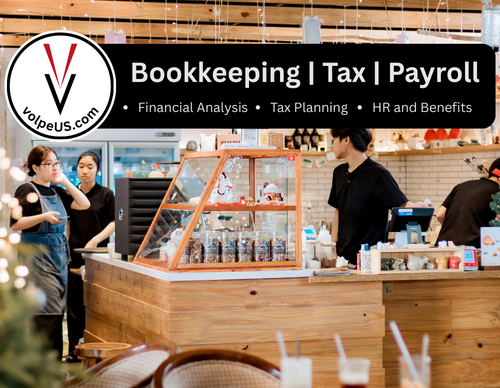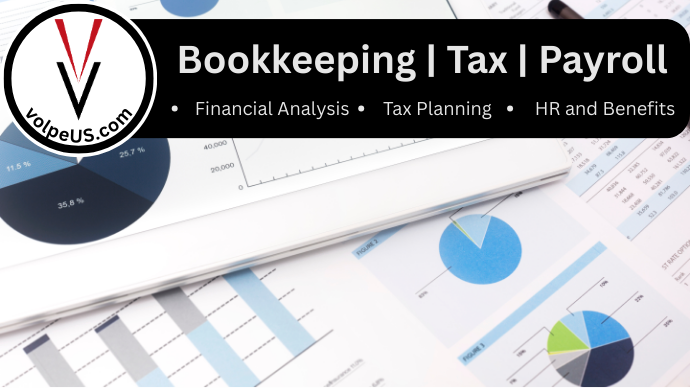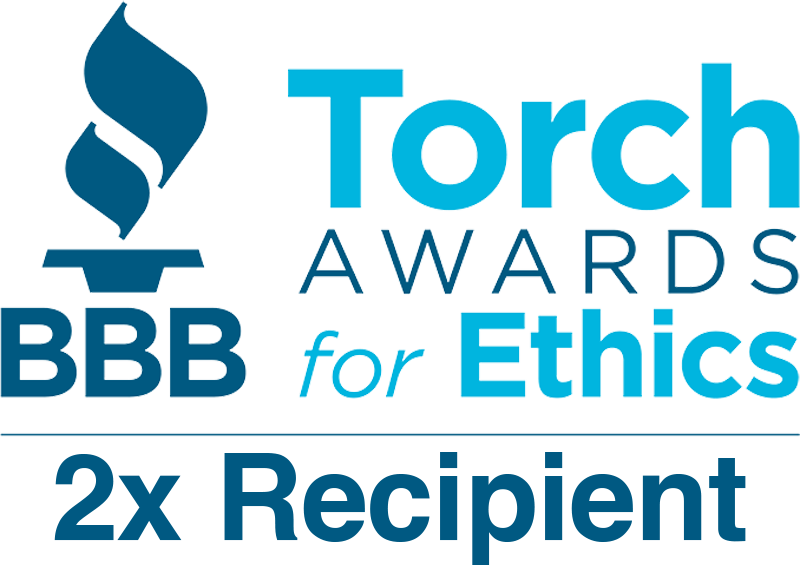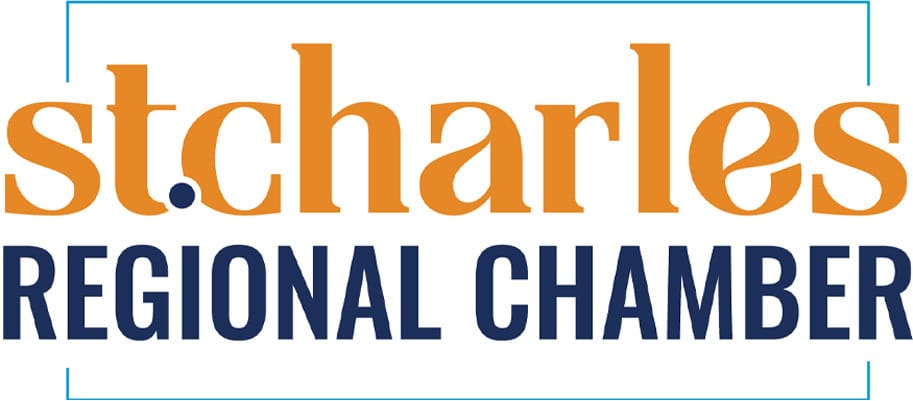Jump to a Specific Section
QuickBooks Pros and Cons and its Evolution to the Online Version
Among all of the available accounting programs, QuickBooks happens to be my preference. It is considered to be one of the most popular pieces of software used by small to medium size businesses (SMBs) to track their financial records. Due to its ease of use, user-friendly platform, wide range of useful and functional applications, and last but not least, its affordability, QuickBooks has earned several million subscribers since the company launched the program in early 1990’s.
Today, Intuit claims that around 85-90% of small businesses in the US are using QuickBooks for their bookkeeping system.
To illustrate my point of how popular this software is, if you’ve ever watched one of the most well known business reality shows called “The Profit” featuring Marcus Lemonis on CNBC, 99% of all businesses on the show use QuickBooks to produce their financial reports. The next question would be, how accurate and up to date those financials are? Well, chances are Marcus wouldn’t be there if the books were well sorted, but you really can’t blame that on the software, can you?
Unlike Quicken, a personal financial management software product, QuickBooks was developed utilizing a concept of “Double-Entry Accounting” which is globally used and accepted by professional accountants.
The system helps users even for those who have ZERO accounting background automatically generate a perfectly balanced Balance Sheet. Among all main accounting tasks such as creating invoices, recording bills and deposits, or writing check payments, QuickBooks has created an individual form application for users to enter a transaction, and as long as the system is properly set up including The Chart of Accounts, the system will automatically determine where the matching and offsetting transactions will be posted. Those are considered very basic and simple tasks. The more complex issues in accounting usually occur when adjusting journal entries are needed. Then, formal accounting knowledge is required in order to properly record such transactions.
Honestly, I like using QuickBooks for all accounting tasks as well as payroll, just as several million other small business owners do. The biggest advantage that the system provides is ease of use and a user-friendly platform. Again, because the system was created to allow non-accountant business people to perform basic bookkeeping and accounting tasks, there is no need for anyone to have any accounting background in order to produce the two most important business financial statements, the Profit and Loss and Balance Sheet when using this software.
Why Use QuickBooks?
Well, here is my point. The biggest pro that QuickBooks can deliver because of its ease of use can be considered to be the biggest Con in the system as well. Improper data input, mis – categorization of offsetting debits or credits and other errors can really damage the integrity of any financial statements for the business when the system is used regularly by in-house staff, business owners, etc., and not periodically managed by an accountant or QuickBooks expert. I have seen many business’s financial reports over the years and really wish that they would have been better maintained, or at least had periodic adjustments by the company’s CPA so they might have reflected more accurately the business’ financial status. Without exaggeration, I have made some small correction to a couple of sets of books that increased the Asset side of that company’s Balance Sheet by more than $100K! Just think if one of those companies had been rejected for a loan previously based on their financials!
There are so many business owners that either run their own books or have family members do it for them; the problem is that most of them don’t have enough accounting background but still try to produce accounting work, and the result is more often than not, inaccurate financials. As I mentioned earlier, with help of applications from QuickBooks, almost anyone can do this job even if they hate it. According to research published by TD bank, almost half of the small business owners from the survey (representing more than 500 businesses) claimed that of all their responsibilities, bookkeeping was their least favorite task.
I am pretty sure that many business owners who are using QuickBooks are familiar and comfortable with its Desktop version and that’s typically how they were introduced to this program at the very beginning. However, in recent months Intuit, QuickBooks software developer, has shifted its priorities to the Online version. According to the company’s press released, there were more than 100,000 additional QuickBooks Online Subscribers added in the second quarter of 2015 alone compared to the previous period with a total of more than 1 million paying subscribers currently. An 8% increase of total company revenues of $672 million were driven by the the ongoing proliferation of the cloud.
I also believe that cloud based accounting software, in particular QuickBooks Online will slowly replace its Desktop version and become a new tool for small businesses. The greater benefit of the Online version can help small business owners gain control of their financials due as much to its multi-applications and accessibility as its main bookkeeping function. I will discuss more about how QuickBooks Online can simplify accounting work for SMBs in my next post.
Use the available technology to improve efficiency, flexibility and accessibility for your business’ bottom-line benefit. By also working together with the right people to manage your QC, you can link that crucial final component, accuracy, to insure that the quality and integrity of your business financial data translates to your company’s long term success.
















